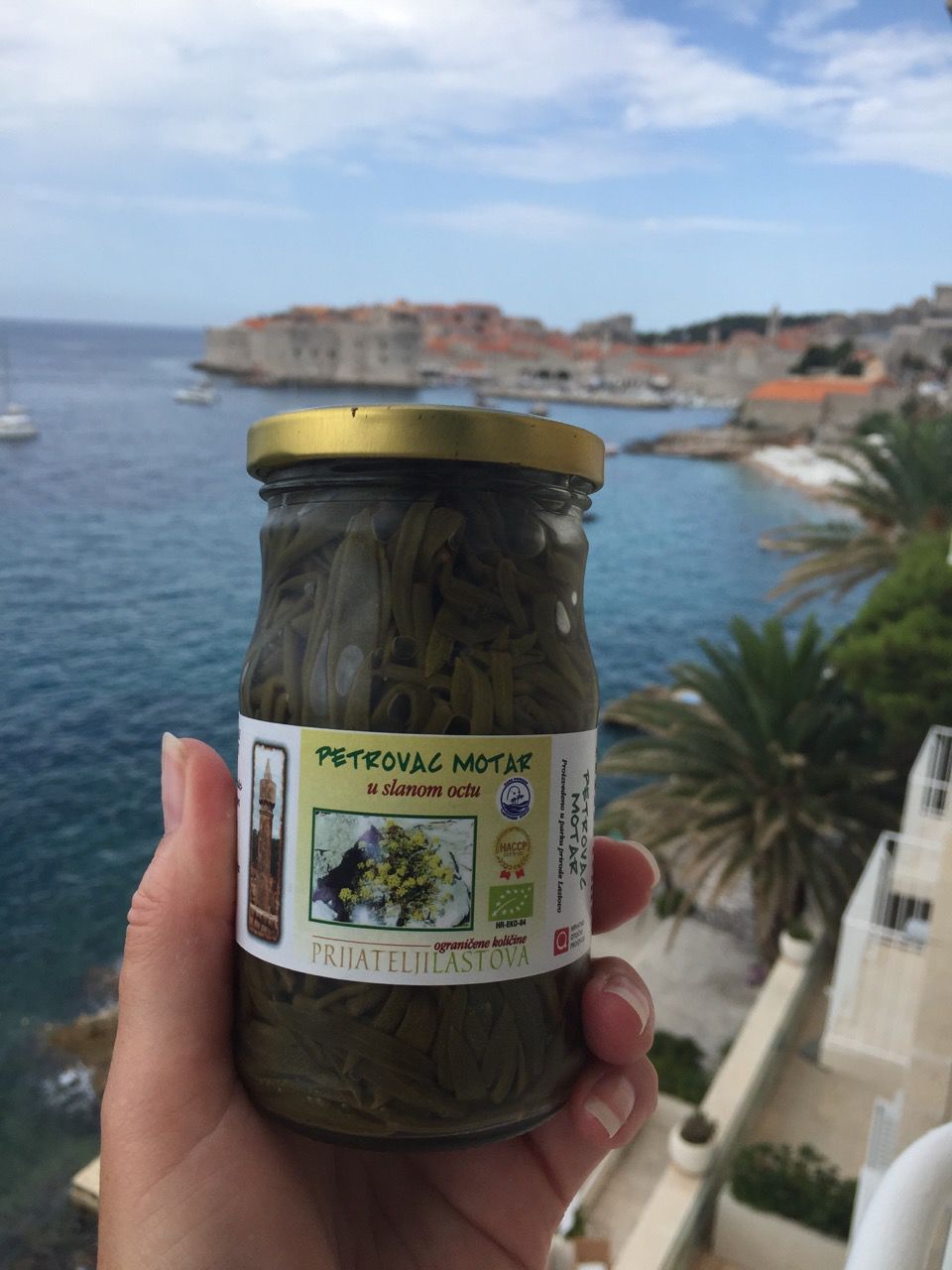Can you whistle a phrase?
A few days ago, Gloria stopped by my desk with a burning question: had I ever heard of the whistling languages?
Proudly, I was able to answer that I had, but quickly became deflated when we realised that neither of us had the slightest idea of how they work. Was there a whistling alphabet with different tones for vowels and consonants? Do you just learn whole phrases by heart for limited daily use? Clearly there was a very large hole in our knowledge, and we immediately set about trying to fill it in.
For those of you who don’t know what we’re talking about, whistling languages are those which have developed (mostly) in areas of extreme terrain, where communication by speech would be impossible but where whistles can carry over large distances (up to a couple of miles). Perhaps most well known is the whistling language Silbo Gomero (of La Gomera) which, once endangered, is now being successfully preserved through mandatory classes at school. The way the language actually works is that the whistled phrase resembles, in intonation and pitch, the phrase in the original language – Spanish, in this case. This means that users can improvise conversations in the same way as with a spoken language, even using modern vocabulary which may not previously have existed.
Gloria has actually been to La Gomera and seen first-hand how they achieve the incredible variations in the whistling language: not just with pursed lips, but with fingers to amplify the sound and change the tone. This is all very impressive to me, but it turns out that Gloria is a bit of an expert at whistling, and graciously offered to demonstrate a few simple techniques. Although it’s not the same as having a whole, developed whistling language at your disposal, she does have a few ‘set phrases’ which she not only uses in specific situations but which are understood by people and – in one case – birds too! Watch to the end to hear her top tip on how to make your whistles extra loud…
If you think you can rival Gloria for expertise in whistling, or have a different whistle you actually use in everyday life, we’d love to hear about it!
Nat
English Idioms: Halloween special [video]
Happy Halloween!
As is EuroTalk tradition, we celebrated the spookiest day of the year (a day early) with fancy dress, pumpkin carving and other Halloween-themed fun.
We also took the opportunity to put together this little video of Halloween-themed English idioms, starring members of the (endlessly talented, we’re sure you’ll agree) EuroTalk team.
We’re expecting our Oscar nomination any day now.
We really hope you love this video as much as we enjoyed making it. If so, please share it with friends, and let’s keep the madness going 😉
And we’re always open to suggestions, so if you have idioms – English or other languages – that you’d like to see immortalised in video, we’d love to hear them!
Taking the Stress Test: how emphasis can change meaning
One of the hardest things to grasp when learning the English language is emphasis. Emphasising a different word in the same sentence, each time can completely change the meaning of it. Some people make the emphasis on a certain word very clear. This can give you the general feeling of the sentence.
Other times it can be harder to pick up the meaning of a sentence and this can lead to you misinterpreting what the speaker means. Emphasis is normally used when someone wants to convey how he or she feels about something; this could be something they feel emotional about.
For example my mum could say to me ‘you’re not doing that tomorrow’.
This could be her checking with me ‘you’re not doing that tomorrow?’ implying that I am, or might be doing it on a different day. However, it is more likely that she is saying to me ‘you are not doing that tomorrow!’ – using this emphasis would make it clear to me that there is no chance I will be doing whatever I wanted to do tomorrow.
Emphasis is used by:
- Stretching out the vowel sound.
- Pausing after the word that is being emphasised is spoken.
- Speaking slower when saying the word they want to emphasise.
- The first syllable is pronounced louder than the other syllables.
Try emphasising a different word in this sentence each time you say it.
‘She isn’t flying to Hawaii tomorrow’
- By emphasising the ‘she’ it implies that it is someone else that is flying to Hawaii tomorrow.
- The ‘isn’t’ shows that she’s not doing this anymore.
- Emphasising the ‘flying’ means that she’s not flying, she may be getting there another way instead.
- ‘To’ this could mean she is flying from or by Hawaii not to.
- Emphasis on Hawaii shows that it could be a different location, not Hawaii.
- Finally, ‘tomorrow’ could mean that it’s actually a different day, not tomorrow.
Isn’t it strange how one sentence can be used in so many different ways?
Alex







